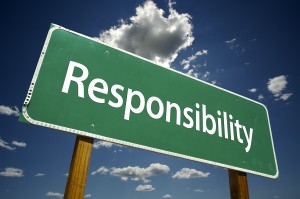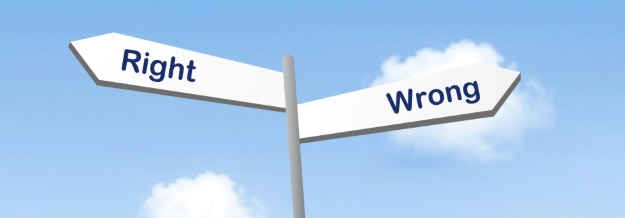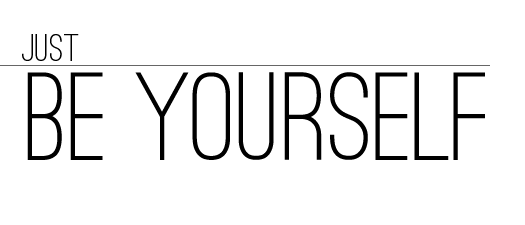“There are two primary choices in life: to accept conditions as they exist, or accept the responsibility for changing them.”
— Denis Waitley, American motivational speaker and writer

image from http://www.faithingyourblueprint.com
When I read today’s quote, I felt a bit troubled. Observing the world around me, I notice many people making a third, and yet very undesirable choice in life: the choice to be the victim. This is where individuals, organizations, and sometimes even nations, blame others for their current conditions.
Waitley points to two better choices for us to consider as we journey through our days. As the serenity prayer suggests, it is often helpful to simply accept those things we cannot control or influence, and of course, accept and take responsibility for those situations about which we can do something.
EXERCISE:
What choices are you currently making in your professional and personal life? Where would greater acceptance of your responsibility to change for the better make the biggest difference?



